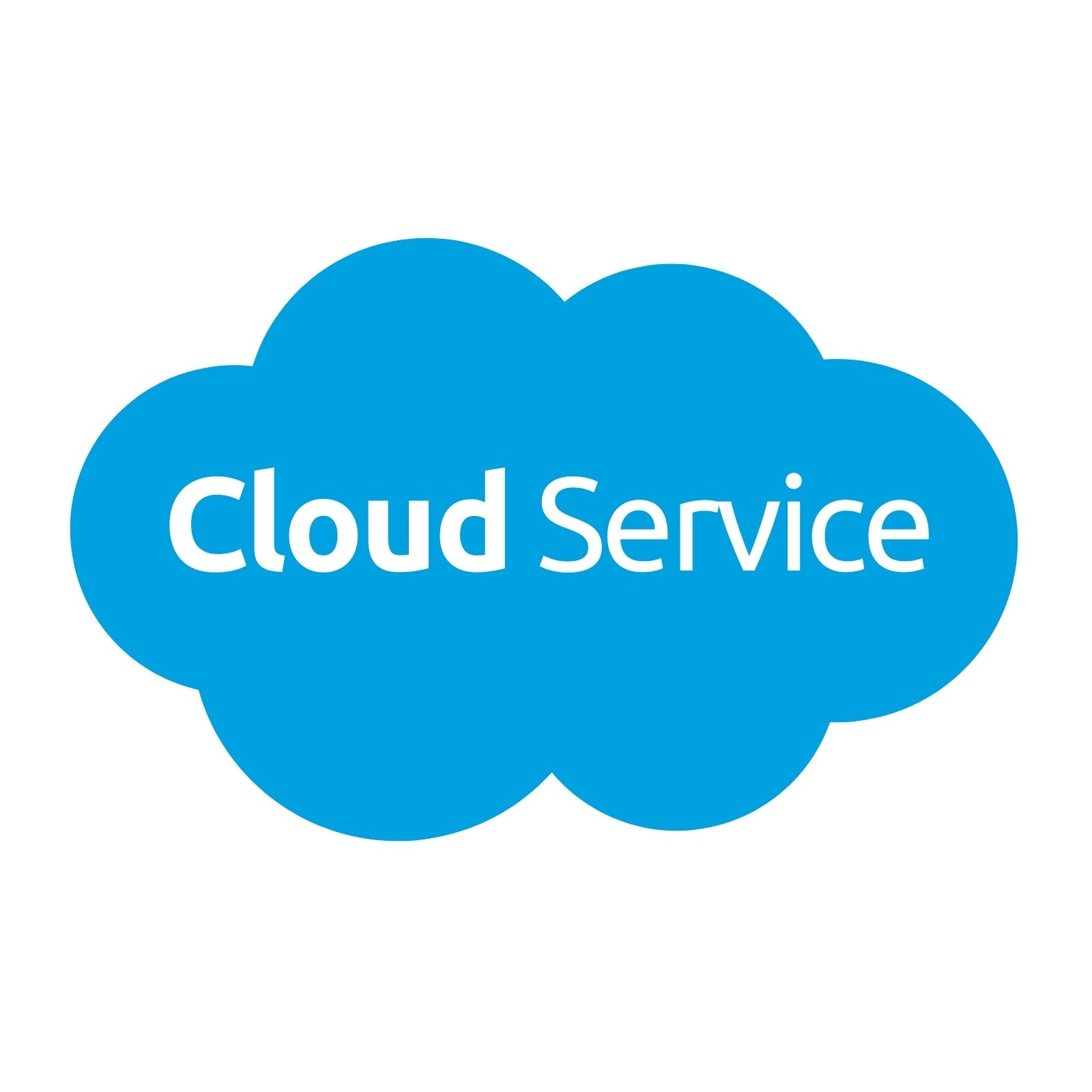Leverage Cloud Solutions for Improved Data Safety
Leveraging cloud services provides a compelling remedy for organizations looking for to strengthen their information security procedures. The question emerges: just how can the usage of cloud services change data protection methods and provide a robust guard against potential vulnerabilities?
Significance of Cloud Protection
Ensuring robust cloud security steps is paramount in guarding delicate data in today's digital landscape. As organizations increasingly count on cloud solutions to store and refine their information, the demand for solid protection protocols can not be overstated. A violation in cloud security can have extreme consequences, ranging from economic losses to reputational damage.
Among the main reasons cloud protection is vital is the common duty version used by most cloud provider. While the company is accountable for protecting the framework, clients are responsible for protecting their data within the cloud. This department of obligations emphasizes the significance of implementing robust protection procedures at the individual level.
Additionally, with the proliferation of cyber threats targeting cloud settings, such as ransomware and information breaches, organizations must stay positive and alert in mitigating threats. This entails regularly upgrading protection methods, keeping an eye on for dubious activities, and informing staff members on best practices for cloud safety. By prioritizing cloud security, organizations can better secure their sensitive information and promote the count on of their customers and stakeholders.
Information Encryption in the Cloud

Security in the cloud typically involves the use of cryptographic formulas to rush information right into unreadable layouts. Additionally, lots of cloud service providers offer file encryption systems to protect data at remainder and in transit, improving total information protection.
Secure Information Backup Solutions
Information backup services play an important duty in making certain the durability and safety of information in case of unforeseen events or data loss. Safe data backup remedies are crucial elements of a durable information protection technique. By consistently backing up data to secure cloud servers, organizations can minimize the dangers linked with data loss due to cyber-attacks, hardware failures, or human error.
Executing safe data backup services includes selecting reliable cloud company that provide security, redundancy, and data honesty actions. File encryption makes certain that data stays secure both in transportation and at remainder, guarding it from unauthorized accessibility. Redundancy systems such as data replication across geographically distributed web servers aid prevent total data loss in case of server failures or natural calamities. In addition, data stability checks ensure that the backed-up data continues to be unchanged and tamper-proof.
Organizations should establish computerized backup routines to make certain that data is constantly and effectively backed up without hands-on treatment. When needed, routine testing of data repair processes is also vital to assure the performance of the back-up remedies in recouping data. By purchasing secure data backup remedies, businesses can improve their data protection pose and reduce the effect of potential information violations or interruptions.
Duty of Gain Access To Controls
Carrying out strict access controls is critical for keeping the protection and stability of delicate info within business systems. Access controls work as a critical layer of defense versus unapproved internet gain access to, ensuring that only index authorized individuals can view or manipulate sensitive data. By specifying that can gain access to specific resources, companies can limit the threat of data violations and unapproved disclosures.

Regularly assessing and upgrading access controls is important to adapt to organizational modifications and advancing security threats. Continuous surveillance and bookkeeping of accessibility logs can help find any type of questionable tasks and unapproved access efforts without delay. Generally, robust accessibility controls are basic in safeguarding delicate info and mitigating safety and security dangers within business systems.
Compliance and Regulations
Regularly making certain compliance with appropriate regulations and standards is necessary for companies to support information security and personal privacy procedures. In the realm of cloud services, where data is commonly stored and processed on the surface, adherence to industry-specific regulations such as GDPR, HIPAA, or PCI DSS is vital. These guidelines mandate particular information taking care of methods to protect sensitive details and ensure user privacy. Failure to abide with these regulations can cause severe charges, consisting of fines and lawsuits, damaging an organization's track record and trust.
Several suppliers offer security capacities, gain access to controls, and audit trails to help organizations meet information safety and security standards. By leveraging certified cloud solutions, companies can improve their information safety posture while fulfilling governing obligations.
Final Thought
To conclude, leveraging cloud services for boosted data safety and security is crucial for companies to safeguard delicate information from unapproved accessibility and possible violations. By applying robust cloud protection methods, consisting of information encryption, safe back-up options, access anchor controls, and conformity with policies, services can gain from advanced protection procedures and know-how supplied by cloud service suppliers. This aids minimize dangers efficiently and ensures the discretion, stability, and availability of information.
Information back-up solutions play an important duty in making certain the resilience and safety and security of information in the event of unforeseen occurrences or data loss. By on a regular basis backing up information to secure cloud web servers, companies can alleviate the dangers linked with data loss due to cyber-attacks, hardware failings, or human mistake.
Executing safe data backup solutions includes choosing trustworthy cloud solution companies that supply encryption, redundancy, and information honesty actions. By spending in protected data backup options, companies can improve their information security posture and reduce the effect of potential data breaches or disturbances.